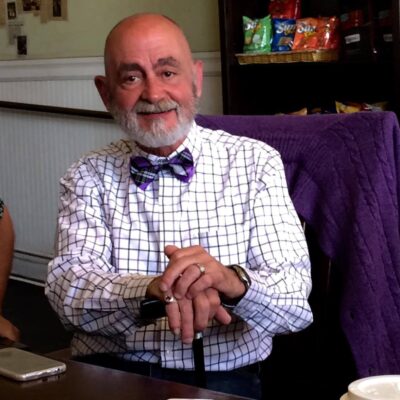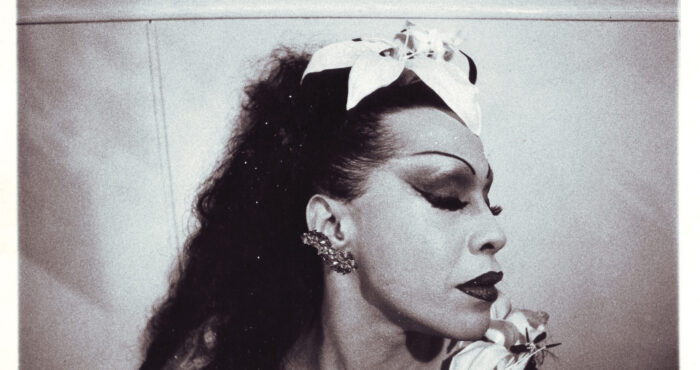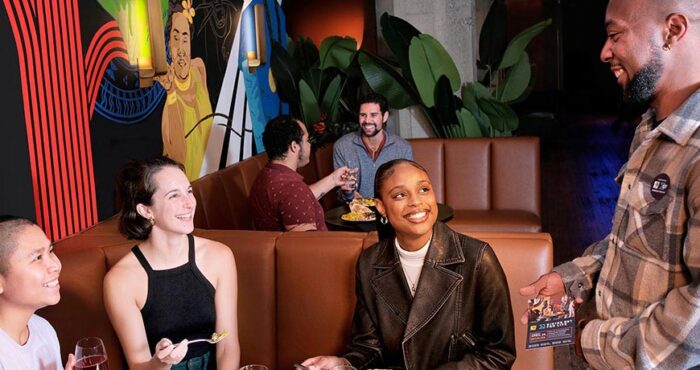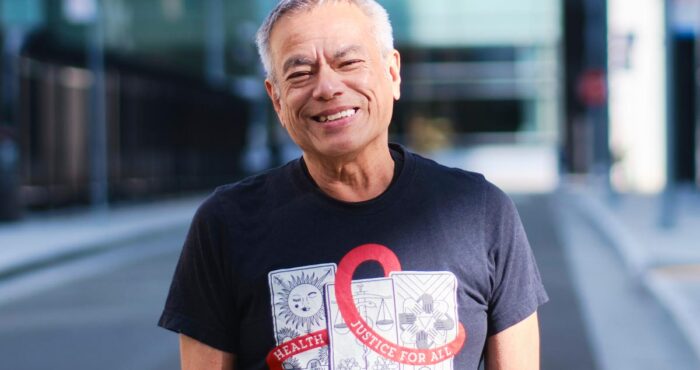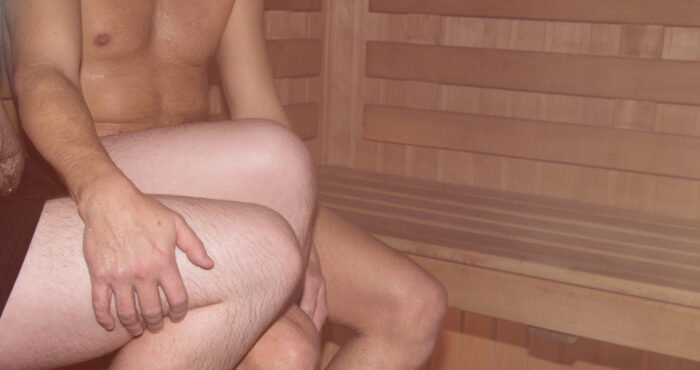“No Fats, No Femmes, Clean Only”: Fighting Stigmatizing Language on Hookup Apps
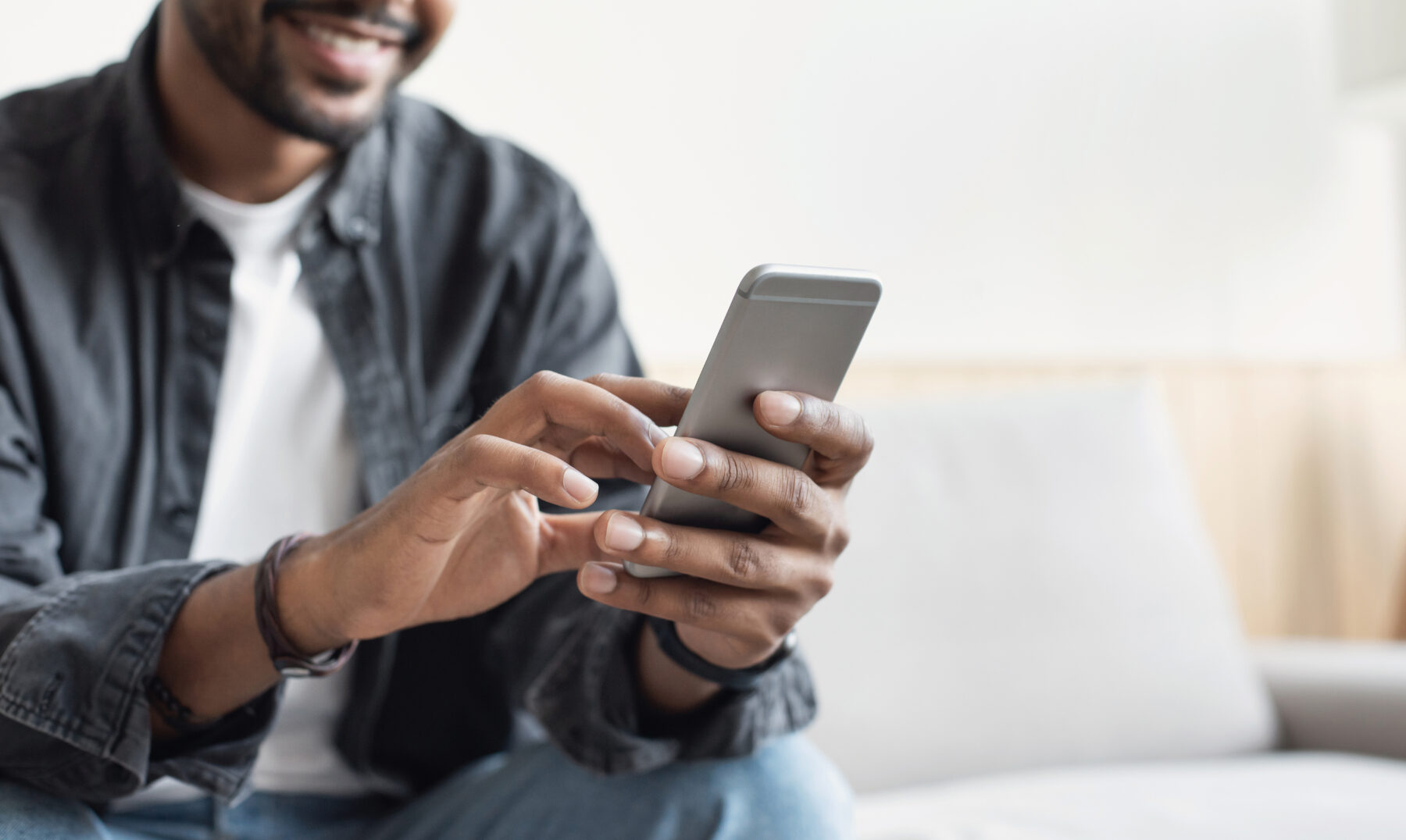
Online dating and hookup apps have become so popular among the LGBTQ+ dating community that you’re likely to find at least one, perhaps two or more apps on the phones of dating members of the community. The reasons for these apps’ popularity is easy to recognize: they provide a quick, convenient way to find another person with similar interests for an evening’s entertainment (read: sex); they eliminate the need to stand around in some dark bar surrounded by drinkers, for those who do not imbibe; they provide a welcome level of privacy in the search for sexual partners; and you don’t have to waste hours getting “presentable” until (unless) you make a connection. The ease of use, the convenience, and the ready availability of sexual partners have made on-phone hookup apps almost ubiquitous in the LGBTQ+ community.
The hookup apps are also, unfortunately, a place where users are routinely subjected to violent, sexist, racist, ageist, ableist, anti-trans, and anti-HIV messages from other users. It starts with the language in some users’ profiles. Language like “no fats,” “no femmes,” and “clean only” exemplify the body-shaming, sexism, and anti-HIV discrimination found on hookup apps, just as surely as “whites only” exemplifies racism, “no crips” exemplifies ableism, and “cisgender only” exemplifies gender presentation discrimination.
Although we excused certain expressions and attitudes in the past as simply expressing “sexual preference,” we’ve come to realize that such language perpetuates and amplifies the exclusionary stigma we’ve all known. We now know that just as gay, bi, and trans people have long been subjected to discrimination, stigma and hate speech from outside our communities, the way we treat each another online can also cause harm–and even affect mental and sexual health. And it must be stopped.
In an effort to make online dating apps safer and less stigmatizing, Building Healthy Online Communities (BHOC), a consortium of national and local HIV and STD prevention agencies collaborating with the owners of dating sites and apps to support their users’ sexual health, decided to take action to reduce stigmatizing language on the apps.
Nine dating apps and sites – Adam4Adam, Daddyhunt, dudesnude, Grindr, GROWLr, Jack’d, Manhunt, POZ Personals, and SCRUFF — joined together in this first-ever cross-industry effort to reduce stigma for their gay, bi, and trans users. From April 25 to June 17, 2021, researchers at BHOC, including Dan Wohlfeiler, MJ, MPH, and Jen Hecht, MPH, surveyed over 5,500 people who regularly use at least one of those apps. They presented their findings on a webinar, sponsored by BHOC, POZ Magazine, and NMAC, on October 28, 2021.
In the first stage of the survey, researchers asked participants how dating apps and sites could best support them in response to six hypothetical scenarios: discrimination based on body size, race, or gender identity; being sober and encouraged to use drugs; being pressured to not use condoms; and facing misconceptions about having an undetectable viral load that eliminates the risk of transmitting HIV.
In the second stage, researchers made specific proposals for features and changes to the apps and invited participants to a sixty-minute discussion to give feedback on the proposals. Finally, utilizing the information garnered through the scenario survey and focus groups, BHOC identified 20 unique features that apps and sites could provide to support kinder and more respectful behavior online and asked users to rate them.
Researchers found that many users want these sites and apps to provide them with better options and tools to control their online experience. Their research showed that while most wanted to be able to filter responses to their profiles by position as top/bottom/versatile; age; and what users were looking for, such as hook-up, friend with benefits, or a relationship, many users didn’t want other users to filter them by their race or ethnicity, body size or type, and HIV status. Users who are more likely to experience prejudice online — people of color and trans people — had different reactions from white users. POC users wanted to be able to filter others by race and ethnicity because they wanted to see only people of their own race or ethnicity. Trans men were twice as likely as cisgender men to not want to be filtered by others by gender identity. Some trans users experienced filtering by gender identity as making them more vulnerable to violence or being fetishized.
Their study, available at www.niceAF.org, proposed specific recommendations to fight the stigmatizing language on the apps. The propose that the apps:
- Prioritize the most vulnerable populations who experience the greatest prejudice on the apps (people of color, trans people, PLHIV, people with disabilities, and the aging).
- Educate users about the features already on the apps that enable users to reduce stigmatizing experiences.
- Remove those features from behind a paywall — users were frustrated at having to pay for additional blocks and saw it as having to “pay more money to put up with less abuse.”
- Incentivize profile completion, adding perks for users who fill out their profiles completely.
- Make a plan for implementing changes to the apps and publicize them.
- And finally, demonstrate a unified commitment from all the apps and publicize any actions that they have taken or are planning to take in order to make the online experience safer and more rewarding.
Stigmatizing language in LGBTQ+ communications is certainly not a new phenomenon. Some of us elders in the community remember buying The Advocate in the early 1970s, when it was a tabloid published on pink newsprint paper, for the “personal ads” at the back of the rag. Those ads were rife with statements like “GWM for same only,” “no Asians,” “no trannies,” or “masculine men only.” That kind of language was also prevalent in the 1980s.
I remember when I edited Folsom and Malebox magazines, our ads were, sadly, just as bad. In fact, at Folsom, we decided to spoof that kind of language, to point out its absurdity and hurtfulness. We planned to open the personal ads section of our first issue with a full-page photograph of the voluptuous drag icon Divine, in full glorious makeup, panties and a bra, holding a syringe full of eyeliner aimed at her arm, with the caption, “No Fats, Fems, or Druggies,” a standard line that appeared in many, many ads. [Unfortunately, we couldn’t get the image past the printer who feared we were promoting drug use. Satire is a dying art.]
Of course, things got even worse with the advent of the HIV/AIDS pandemic, when all of a sudden “I’m clean, UB2” and “no bugs” reflected a ubiquitous, stigmatizing rejection of people living with HIV/AIDS. For decades, editors and publishers ignored the harmful content of the personal ads they published; many of those publications absolutely depended on the revenue generated by horny customers paying for ads. But as our community has become more attuned to the sometimes overt, sometimes subtle stigma we have all faced in our own communities, economic need is no longer an acceptable excuse for publishing language that hurts and degrades us.
All nine of the hookup apps that BHOC worked with have committed to addressing the exclusionary, prejudicial, stigmatizing language on their platforms. The goal of course is to make hookup apps safe spaces where people of color, trans people, people living with HIV, people with disabilities, and all others can feel welcome and accepted. Just as we strive to make our physical, brick-and-mortar, real-life spaces safe for everyone, we must also make the online experience, especially on hookup apps, equally safe for the marginalized within our communities.
We can do better.






